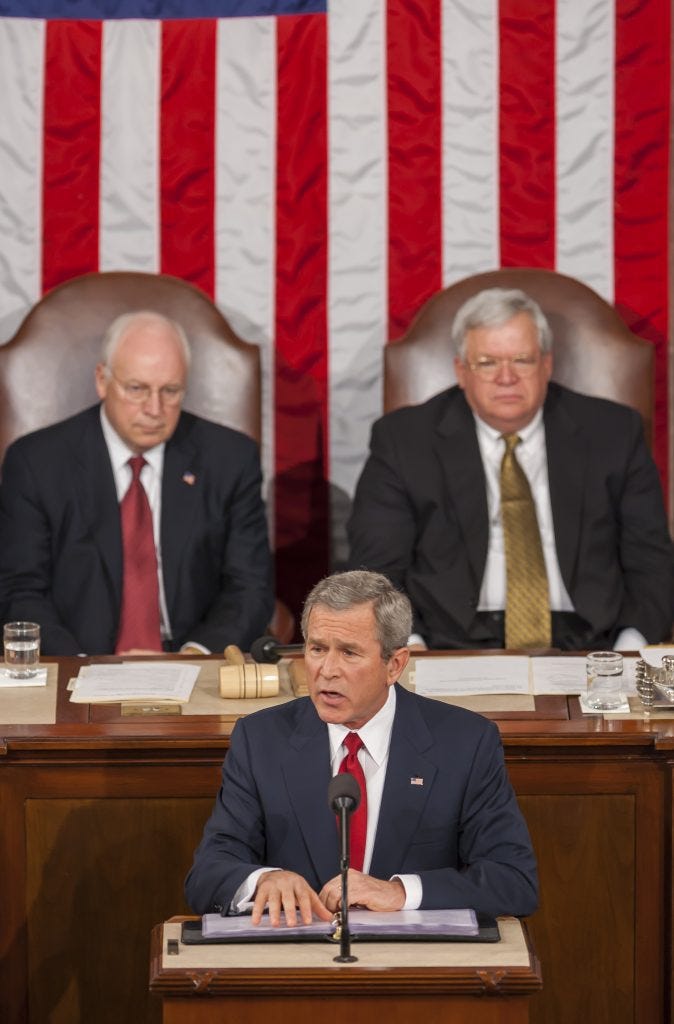The war that never ended: Korea +70 years
Sean Howard says our best hope may be citizen diplomacy
This month is the anniversary of the war that never really ended. On July 27 it will be 70 years since the Armistice ending the Korean War (1950-53), one of the bloodiest conflicts in history, killing at least four million people—the majority of them non-combatants—and deliberately devastating vast swathes of territory. Canada sent 26,000 troops into Korean battle; 516 were killed.
PeaceQuest Cape Breton’s Sean Howard devotes his essay to tracing the many steps for peace that were never taken.
As Howard points out, the first opportunity was missed within weeks of the end of fighting. The ceasefire agreement in 1953 committed both sides to hold a political meeting within 90 days to settle “the peaceful settlement of the Korean question.” As Sean points out, this 90-day period has now lasted 25,567 days with no breakthrough.
During the 1990s there was hope that a lasting peace could be forged. But North Korea pointed to a threat from U.S. President George W. Bush to justify building its own nuclear arsenal.
“In a bloodcurdling post-9/11 State of the Union address, President George W. Bush inserted North Korea, alongside Iran and Iraq, into an ‘axis of evil’ one could and should not try to make peace with,” writes Howard, scuttling a decade of progress toward peace.
"States like these, and their terrorist allies, constitute an axis of evil, arming to threaten the peace of the world."
- The phrase "axis of evil" was first used by U.S. President George W. Bush in 2002 and originally referred to Iran, Iraq, and North Korea.
“In January 2003, with an illegal American invasion of Iraq looming, North Korea withdrew from the Non-Proliferation Treaty (NPT) and in 2006 ‘crossed the threshold,’ becoming the world’s ninth nuclear-weapon state with the first of its six (so far) underground tests,” Sean adds.
With so little progress between governments, peace activists have attempted to build peace themselves. Formed in 2014, Women Cross DMZ (WCDMZ) mobilizes women globally for peace in Korea through education, advocacy, and organizing.
Notable American members include Gloria Steinem, who had this to say:
“In 2015 when I joined Christine Ahn and a group of women crossing the DMZ, I was inspired by the opportunity to put our bodies where our hopes are: the reunification of families and a nation still divided by the Korean war of more than seventy years ago. We felt that it was important to do with our physical selves what we hope could be done politically. Engagement and dialogue are way more likely to achieve the kinds of goals we want than isolation and silence.”
Gloria Steinem
(Cover: Gloria Steinem, Christine Ahn, Leymah Gbowee, and Mairead Maguire were among the 30 women peacemakers who crossed the DMZ in 2015. Via Women Cross DMZ)


